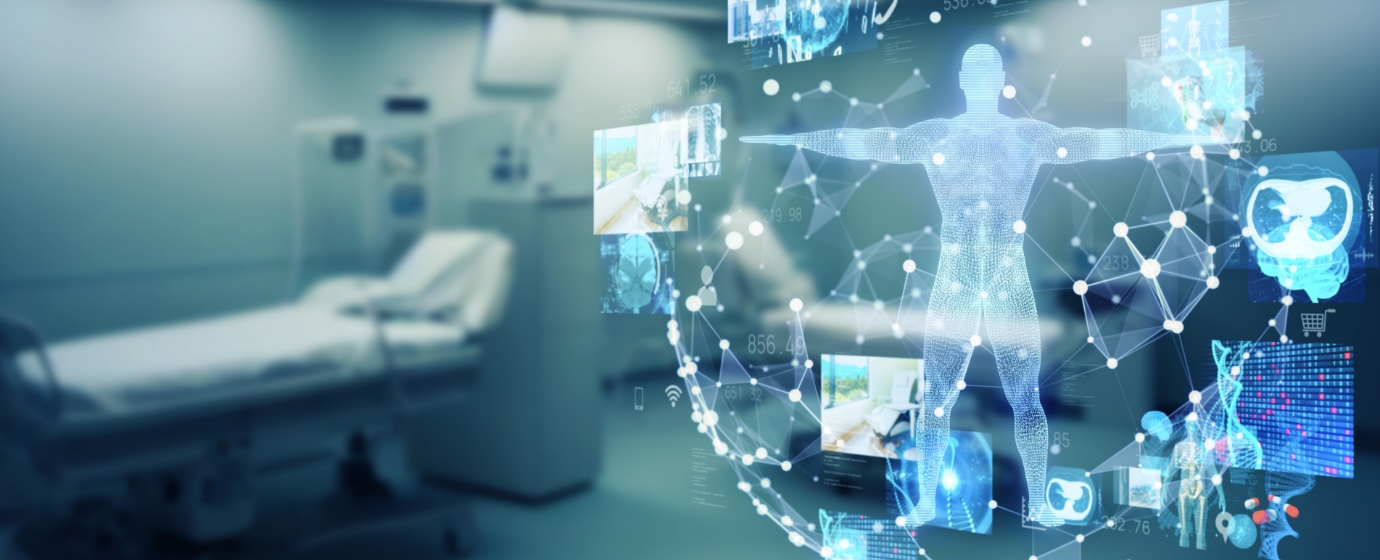- TOP
- BUSINESS
BUSINESS

Searching, Supporting of development and advising of clinical application for novel technology seeds of regenerative medicine
Novel technologies of regenerative medicine go through a long process to be applied to the treatment of patients. More specifically, this process includes the establishment of a manufacturing method that enables cell culture at an industrial level, planning and conduct of step-by-step clinical studies, and establishment of quality specifications and corresponding test procedures. These are strategically advanced, and regulatory approval is obtained through a marketing authorization application. In addition, strategies focusing on future commercialization are required to be developed.
To plan such strategies and overcome various hurdles, know-how is essential. Any novel technologies created will take on significance only after they are gone back to society. We believe that successful commercialization of such technologies as medicine is a desire and benefit for patients, as well as researchers involved in the development and the healthcare industry.
Our company has achieved clinical application and commercialization of regenerative medicine technologies in the ophthalmologic field. We are proceeding with clinical trials in the orthopedic field. In addition, we have undertaken the introduction and clinical development of regenerative medicine technologies using allogeneic cells that have the potential for versatility in industrial production.
In the field of liver diseases, we have concluded a joint development agreement with KanonCure Inc. for cell sheets of liver disease treatment for decompensated liver cirrhosis (KCS-003) and provide support for its development. Thus, one of our business goals is to implement novel regenerative medicine technologies in society by promoting further seed introduction, technology partnerships, and development support based on our previous solid development experience.
Sakracy®, a human (autologous) oral mucosa-derived epithelial cell sheet using human amniotic membrane substance
Sakracy® is a regenerative medical product consisted with the epithelial cells collected from the patient’s own oral mucosa, cultured on a processed human amniotic membrane into a sheet. Limbal stem cell deficiency, a disease characterized by the injury of stem cells around the cornea, may cause manifestations of adhesion of ocular surface. Sakracy is transplanted in patients with such ocular surface diseases so that epithelial cells will be engrafted, leading to the repair of ocular surface abnormality.
Advanced from basic research to a clinical study by the Department of Ophthalmology, Kyoto Prefectural University of Medicine, this approach to therapy was evaluated in clinical studies (clinical trials). The significant of this treatment is that it is a new treatment option to repair adhesions on the ocular surface in which existing treatments were limited and transplantation prepares the ocular surface to make it possible to consider combinations of treatments for subsequent visual acuity improvement. One of our business goals is to realize a new ophthalmic medicine to enable reconstruction of ocular surface or visual acuity improvement in these patients through the manufacturing and distribution of Sakracy®.
Collagen matrix containing cultured autologous chondrocytes (Code: IK-01)
Focal knee joint cartilage damage occurs when the cartilage is subjected to abnormal external force due to vigorous sports or accidents. Such traumatic knee joint cartilage damage is associated with intense pain and substantially impairs the patient’s QOL. In addition, knee osteoarthritis occurs because of aging, labor load, and other factors and is estimated to affect approximately 30 million individuals even in Japan, including patients with subjective symptoms or potential patients. In addition, approximately 90,000 individuals per year are now forced to use joint prostheses. Since cartilage does not regenerate spontaneously, regenerative medicine technologies are attracting attention as an approach to these diseases.
IK-01 is a regenerative medical product produced from autologous chondrocytes collected from the patient’s own knee joint and cultured in a collagen gel. Transplantation of IK-01 into the damaged area of the knee cartilage is expected to promote the regeneration of autologous chondrocytes, repair the defects, and prevent the progression of arthropathy. Our company has promoted the development of IK-01 for the indications of traumatic cartilage damage and knee osteoarthritis with a business goal to realize the clinical application of IK-01.
